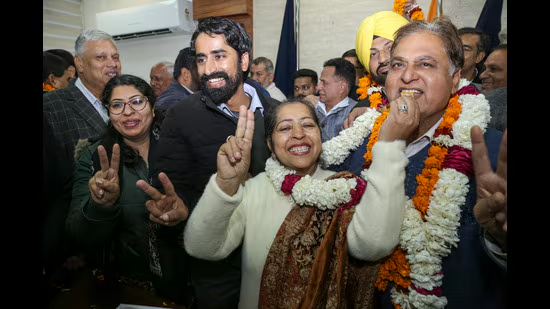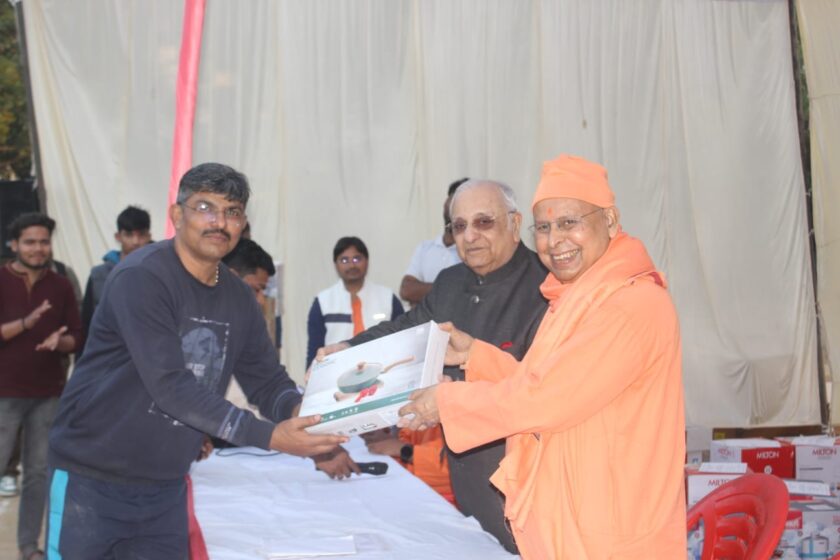Kolkata – The classrooms are silent. The once-bustling corridors of one of Kolkata’s most prestigious law colleges now echo with anger, grief, and a resolute call for justice. After a 24-year-old female student was allegedly raped on campus, the institution has suspended all academic activities indefinitely—plunging the student body into mourning, protest, and a search for answers.
The horrific incident, which took place on June 25 in the quarters of a campus security guard, has shaken the college to its core. The accused: four men, including Monojit Mishra, a 31-year-old former student employed contractually by the college. The alleged crime has peeled back layers of negligence, institutional apathy, and systemic failure that students say have been building for years.
A Climate of Complacency
For students like Ananya Sen, a second-year law student, the attack did not come out of nowhere.
“We’ve long felt unsafe—random people on campus, dark hallways, union rooms that never close. But no one ever thought it would lead to this,” she says, her voice trembling.
Student leaders allege that a toxic mix of administrative negligence, political interference, and poor surveillance has created an environment where misconduct goes unchecked. Their memorandum to the college administration reads less like a petition and more like an indictment—listing mismanagement, tolerance for disruptive elements, and a breakdown of communication between students and those in charge.
“We have been silenced for too long,” says Ritwik Dutta, a final-year student. “This incident is not isolated. It is the consequence of a system that has normalized power without accountability.”
“We Don’t Want Promises—We Want Protection”
In a stirring show of solidarity, students have submitted a detailed 21-point charter of demands. At the heart of these is a plea for safety with dignity:
- CCTV surveillance across every corner of campus, including entrances, hallways, staircases, classrooms, libraries, and communal spaces.
- A fully operational, apolitical Internal Complaints Committee under the Prevention of Sexual Harassment Act.
- A dedicated student grievance redressal mechanism—accessible both online and offline, free from intimidation.
- A non-political student safety committee to ensure peer representation, awareness campaigns, and support for victims.
“We’ve proposed this not just for justice, but for healing,” says Namrata Basu, a third-year student. “Every female student who walks onto campus now does so with fear. That’s not education. That’s trauma.”
A Campus Calling for Reform, Not Closure
Since the college closed indefinitely following the incident, the shutdown has only intensified students’ push for accountability. They are not content with suspension or empty condolences.
Instead, they’ve demanded fair elections, devoid of political lobbying and restricted to current students. They’ve asked for mental health support, full cooperation with law enforcement, and a zero-tolerance policy for drugs, violence, and sexual harassment.

“This isn’t just about punishment,” says Mohammed Irfan, a student volunteer organizing peer counseling sessions. “It’s about prevention. About giving students their campus back.”
A System in Crisis
Experts suggest that what’s unfolding in Kolkata Law College is a microcosm of a larger crisis in higher education institutions across India—where the line between safety and silence is often blurred, and victims are caught in between.
“Too often, educational spaces mirror societal power structures,” says Dr. Malini Rao, a sociologist. “Without institutional will and student voices being genuinely heard, change remains superficial.”
Hope Amidst the Pain
Despite the trauma, the students are unflinching in their resolve. Some now gather daily in silent protest outside the locked college gates. Others are working on legal petitions, support networks, and draft proposals for campus policy reform.
One note stuck to the college gate reads:
“You shut down the classrooms. But you opened our eyes.”
For the students of Kolkata Law College, this fight is no longer just about one case. It’s about reclaiming their right to study, speak, and simply exist—without fear.
As they wait for their institution to reopen its gates, they are already rebuilding something far stronger: a collective voice demanding justice, dignity, and safety.










